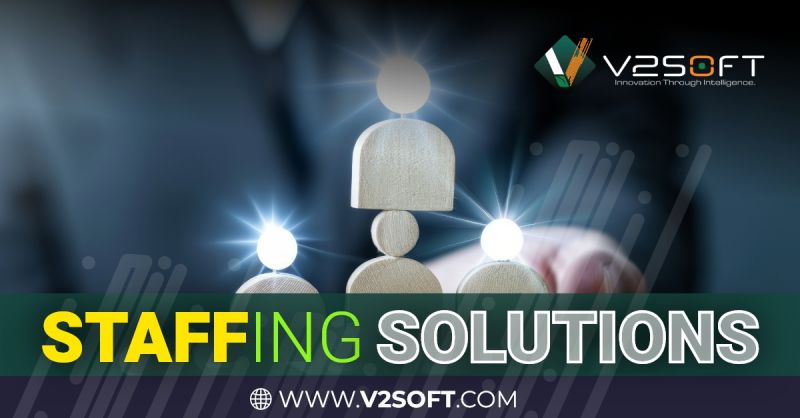Top Ways the CRA Finds Out About Your Rental Income: Tax Headaches Explains
As a landlord, managing your rental properties can be a rewarding endeavor, but it also comes with its fair share of tax obligations. Many landlords often ask, “How does the CRA find out about my rental income?” This question is critical because the implications of underreporting or failing to report rental income can lead to significant tax headaches. In this blog post, brought to you by Tax Headaches, we’ll explore the top ways the Canada Revenue Agency (CRA) discovers rental income, helping you understand the importance of accurate reporting.
Understanding the CRA’s Monitoring Techniques
The CRA has developed various methods to ensure taxpayers accurately report their rental income. Understanding these methods can help you navigate your obligations more effectively and avoid unnecessary complications.
1. Data Matching Initiatives
One of the primary strategies the CRA employs is data matching. This technique involves cross-referencing information from various sources. For instance, if you receive rental payments via a bank account, your bank may report those transactions to the CRA. The agency uses this information to compare what you report against expected rental income. If there’s a discrepancy, it may prompt further investigation.
2. Third-Party Reporting
Various entities are required to report specific transactions to the CRA, creating a network of information that the agency can utilize. For example, real estate agents, property management companies, and financial institutions often report details related to property transactions, including rental payments. If you hire a property management service, they may report the total rents collected on your behalf. This means that the CRA has access to detailed information about your rental income, making it crucial to report accurately.
3. Real Estate Transaction Reports
When you buy or sell a property, the details of that transaction are typically reported to the CRA. This includes information such as the sale price and the parties involved in the transaction. If you are renting out a property you recently purchased, the CRA can track the ownership change and may inquire about your rental income. This reporting helps the CRA piece together a comprehensive picture of your financial activities related to rental properties.
4. Market Analysis and Benchmarking
The CRA closely monitors rental market trends to establish benchmarks for what constitutes typical rental income in various regions. By analyzing average rental rates and property values, the agency can identify discrepancies in reported incomes. If your reported rental income is significantly lower than the average for similar properties in your area, it may raise red flags, leading to further investigation.
5. Social Media and Online Listings
In today’s digital age, the CRA can also leverage online platforms to gather information. If you list your rental property on websites such as Airbnb, VRBO, or other rental platforms, the CRA may use publicly available data to estimate your rental income. This can include rates, occupancy, and total income generated from short-term rentals. The agency is increasingly sophisticated in using digital tools to identify potential non-compliance, so it’s essential to report all rental income accurately.
6. Audits and Compliance Reviews
The CRA conducts audits and compliance reviews to ensure that taxpayers adhere to tax regulations. If you are selected for an audit, the CRA will request documentation to verify your reported income and expenses. This can include lease agreements, bank statements, and invoices for repairs. Being unprepared for an audit can lead to significant penalties, making it crucial to maintain accurate records.
Common Mistakes Landlords Make
To avoid the CRA’s scrutiny, it’s important to be aware of common mistakes that landlords often make when reporting rental income.
1. Failing to Report All Income
One of the most common mistakes is not reporting all forms of rental income. Many landlords mistakenly believe they can avoid taxes by not reporting cash payments or income from short-term rentals. However, all rental income must be reported, regardless of the payment method. The CRA expects transparency, and failing to report income can lead to severe penalties.
2. Neglecting Record-Keeping
Inadequate record-keeping is another pitfall that can lead to problems with the CRA. Without proper documentation, it becomes challenging to substantiate your reported income and expenses. The CRA expects landlords to maintain detailed records, including rental agreements, receipts, and invoices for property-related expenses.
3. Ignoring Rental Agreements
Having a written rental agreement is crucial for protecting both landlords and tenants. This document serves as proof of income and can be used to support your claims during tax reporting. Not having a written agreement can complicate your ability to substantiate your rental income.
Best Practices for Accurate Reporting
To ensure compliance and minimize the risk of tax headaches, consider the following best practices when reporting your rental income:
1. Maintain Detailed Records
Keeping organized and detailed records is essential for all landlords. This includes tracking all rental income and expenses. Create a system to organize documents such as lease agreements, receipts for repairs, and bank statements. Digital tools can simplify this process, making it easier to access and manage your records.
2. Understand What Constitutes Rental Income
It’s vital to understand what qualifies as rental income. Beyond monthly rent, this can include advance rent, security deposits (if not returned), and any additional services provided to tenants. Familiarizing yourself with the CRA’s definition of rental income can help ensure comprehensive reporting.
3. Seek Professional Guidance
Given the complexities of tax regulations, consulting with a tax professional specializing in rental income can be beneficial. They can help you navigate the intricacies of tax reporting, advise you on eligible deductions, and ensure compliance with CRA regulations. This expert guidance can save you time and money in the long run.
4. Stay Informed About Tax Laws
Tax laws can change, so staying informed about updates that may affect your reporting obligations is essential. Regularly review CRA publications and resources to ensure you’re aware of any new requirements or changes.
5. File Your Taxes on Time
Filing your taxes promptly is crucial to avoiding penalties and interest. If you anticipate difficulties meeting the deadline, reach out to the CRA to discuss your options. Proactive communication can help mitigate potential issues.
Conclusion
Understanding how the CRA finds out about rental income is essential for landlords seeking to navigate their tax obligations successfully. By being aware of the agency’s monitoring methods and avoiding common reporting mistakes, you can reduce the risk of tax headaches and ensure compliance. Remember, maintaining detailed records, seeking professional advice, and staying informed about tax laws are critical strategies for effective rental income reporting. If you have any uncertainties or questions, don’t hesitate to reach out to experts in the field. With the right knowledge and preparation, you can focus more on being a successful landlord and less on the stress of tax season.
Visit: freshvoicehub














Post Comment